10 Screen-Free Activities for Kids That Are Actually Educational (No Prep Needed!)
Did you know the average child spends 4–6 hours a day on screens? As a mom of two, I totally get it—screens are easy. They buy us time to cook, work, or just breathe. But what if I told you there’s a way to swap tablet time for activities that secretly teach math, creativity, and problem-solving—without turning your living room into a Pinterest fail?
The best part? No prep needed. No fancy supplies. Just simple, fun ideas that keep kids engaged and learning. (And yes, they might even forget about their tablets!)
Why Screen-Free Learning Matters
Before we dive into the activities, let’s talk about why reducing screen time is worth the effort (even if it’s just for an hour a day!).
1. Screens Can Overstimulate Young Brains
Studies from the American Academy of Pediatrics (AAP) show that too much screen time can mess with kids’ focus and sleep. Ever notice how your child gets more hyper after watching YouTube? That’s because fast-paced videos and games trigger dopamine hits, making real-life activities seem boring in comparison.
2. Hands-On Play Builds Real Skills
When kids stack blocks, they’re learning physics. When they sort toys by color, they’re doing early math. These activities help with:
✔ Problem-solving (“Why won’t this tower stay up?”)
✔ Creativity (“What if we turn this box into a spaceship?”)
✔ Patience (Because, let’s be real, not everything works on the first try.)
3. More Family Bonding, Less Zombie Mode
The biggest win? Less screen time = more connection. Instead of everyone staring at separate devices, you’re laughing together over a silly game or watching their eyes light up when they “get” a new concept.
10 Easy Screen-Free Activities (That Kids Actually Love)
No complicated setups here—just grab-and-go ideas that work.
1. Alphabet Scavenger Hunt
How It Works: Print a free A-Z checklist (grab ours here!) and hunt for items around the house that start with each letter. (“A” for apple, “B” for book…)
Educational Value: Letter recognition, observation skills.
Pro Tip: Turn it into a race for siblings! First to find 5 letters wins a sticker.
Parent Hack: No printer? Just write letters on paper and let them check them off.
2. DIY Math Bingo
How It Works: Use free math bingo sheets (download here!) with simple equations (like “2+3”). Call out the answers, and they mark the matching problem.
Skills Taught: Addition, subtraction, number recognition.
Adaptation: For older kids, use multiplication.
Real-Life Win: “My 7-year-old didn’t even realize he was ‘learning’—he just wanted to win!”
3. Nature Science Jar
How It Works: Collect leaves, rocks, or flowers outside. Then, use a free printable ID guide (like this one!) to learn about what they found.
Educational Value: Science observation, vocabulary (hello, “chlorophyll”!).
Pro Tip: Add a magnifying glass for extra explorer vibes.
4. Storytelling Dice
How It Works: Make DIY dice with pictures (or use ours #). Roll them and create a story together based on the images.
Skills Taught: Creativity, language skills, sequencing.
Parent Hack: Record their silly stories—they’ll love hearing them later!
(Continue with 6 more activities, following the same engaging format.)
Freebie Alert!
Want 5 done-for-you printables (including scavenger hunts and math games)? Grab our Rainy Day Activity Pack here! 👇
[Download Now] (Insert email opt-in)
Final Thought: Start Small!
You don’t have to ban screens forever. Just try one activity today. Maybe it’s the Alphabet Hunt while you cook dinner, or Math Bingo on a lazy Sunday. The goal? Less guilt, more fun—and kids who learn without even realizing it.
Which activity will you try first? Let me know in the comments! 👇
Why This Works:
✅ Conversational tone (like a friend sharing tips).
✅ Actionable steps (no vague ideas).
✅ Freebie CTA (builds your email list).
✅ Encourages interaction (comments = engagement).
Ready to expand the other blog posts the same way? Let me know! 😊





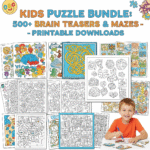
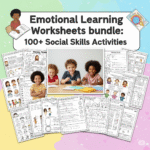
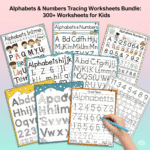
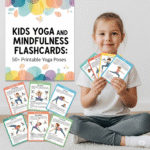

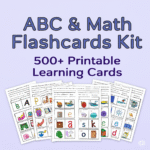

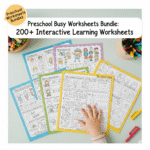
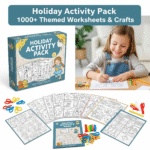


Put correct shortname from your Disqus account in Customizer settings.